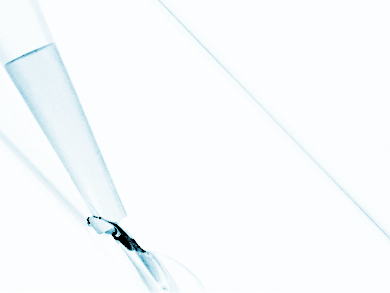The little-known deadly, bacterial disease, meliodosis, is caused by the highly pathogenic bacterium Burkholderia pseudomallei. The bacterium is commonly found in soil in Southeast Asia and Northern Australia, but can be spread to other areas via imports of infected animals. People become infected when they come in contact with contaminated soil. However, contaminated water and infected animals are also potential sources of infection. Meliodosis is difficult to diagnose and resistant to a wide range of antibiotics. The global distribution of B. pseudomallei and the burden of melioidosis remain poorly understood.
Direk Limmathurotsakul, Mahidol University, Thailand, and colleagues maped documented human and animal cases and the presence of environmental B. pseudomallei and combined this in a formal modelling framework to estimate the global burden of melioidosis. They present the first evidence-based predicted map of B. pseudomallei and estimate the total incidence and mortality due to melioidosis worldwide for 2015.
They found the highest melioidosis risk zones in South Asia, East Asia, and the Pacific, including all countries in Southeast Asia and tropical Australia, sub-Saharan Africa, and South America. Additional risk zones of varying sizes are in Central America, southern Africa, and the Middle East. Climate change may extend appropriate excitation areas.
Melioidosis is severely underreported in the 45 countries in which it is known to be endemic. It may be endemic in 34 additional countries that have never reported the disease. The researchers estimated there were 165,000 new melioidosis cases in 2015 in people, of which 89,000 died. Because the pathogen is inherently resistant to many antibiotics, the death rate can be as high as 70 %. The researchers recommend that the disease needs attention from public health officials and policy makers.
- Predicted global distribution of Burkholderia pseudomallei and burden of melioidosis,
Direk Limmathurotsakul, Nick Golding, David A. B. Dance, Jane P. Messina, David M. Pigott, Catherine L. Moyes, Dionne B. Rolim, Eric Bertherat, Nicholas P. J. Day, Sharon J. Peacock, Simon I. Hay,
Nature Microbiol. 2015.
DOI: 10.1038/nmicrobiol.2015.8




